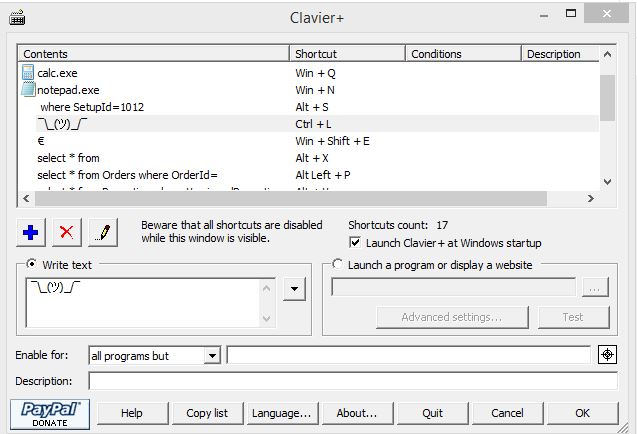when you need to export the resultset of a query to a csv copying from a resultset window of ssms will give you memory exception when the data is large
Better option will be to use SQLCMD
Also BulkCopy doesnt support queries with multiple lines, but SQLCMD allows you to pass a file containing the query with multiple lines.
Use the below code and paste in notepad and save it as bat file and replace whatever is in red with your parameters.
@ECHO Using SQLCMD
sqlcmd queryout "filepathWithFilename" -c -t , -S DBServerInstance -d databaseName -U username -P password
-i "QueryFileName"
pause
Example:
@ECHO Using SQLCMD
sqlcmd queryout "f:\Output.csv" -c -t , -S ISQL99999q,77777 -d Shipping -U astro -P astrospassword -i "f:\a.txt"
pause
Save it as a bat file
Note: Here the Database name is Shipping
ISQL99999q,77777 is DB instance Name astro is the username astrospassword is the password
Contents of a.txt file will be the query:
Select * from Shipping.Product inner Join Shipping.Orders on Shipping.Orders.ProductId=Shipping.Product.ProductId
Save the a.txt file / the query file and give the same path in the bat file.
and Run the bat file.
Better option will be to use SQLCMD
Also BulkCopy doesnt support queries with multiple lines, but SQLCMD allows you to pass a file containing the query with multiple lines.
Use the below code and paste in notepad and save it as bat file and replace whatever is in red with your parameters.
@ECHO Using SQLCMD
sqlcmd queryout "filepathWithFilename" -c -t , -S DBServerInstance -d databaseName -U username -P password
-i "QueryFileName"
pause
Example:
@ECHO Using SQLCMD
sqlcmd queryout "f:\Output.csv" -c -t , -S ISQL99999q,77777 -d Shipping -U astro -P astrospassword -i "f:\a.txt"
pause
Save it as a bat file
Note: Here the Database name is Shipping
ISQL99999q,77777 is DB instance Name astro is the username astrospassword is the password
Contents of a.txt file will be the query:
Select * from Shipping.Product inner Join Shipping.Orders on Shipping.Orders.ProductId=Shipping.Product.ProductId
Save the a.txt file / the query file and give the same path in the bat file.
and Run the bat file.

